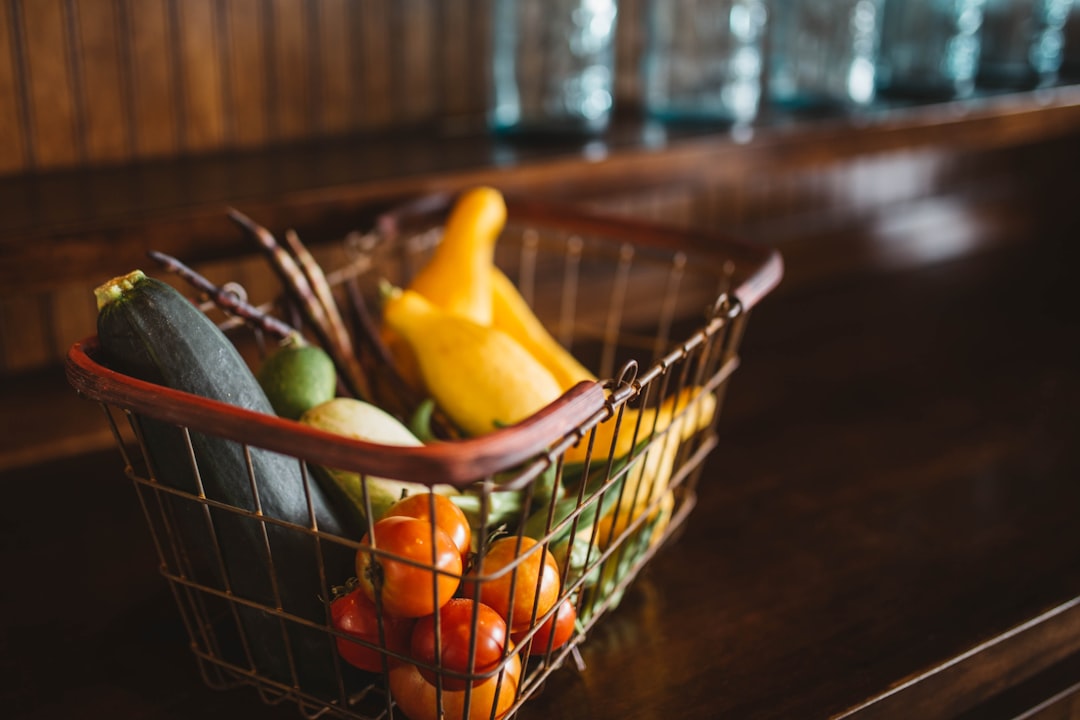The Global Supply Chain Transformation: Evaluating the Effects of Indoor Farming on International Trade, Transportation, and Logistics
Reshaping the Global Food System: How Indoor Farming Alters Trade, Transportation, and Economic Dynamics

Hello there! Today, I want to discuss with you the potential impact of indoor farming on our economy and international trade. Indoor farming could promote self-sufficiency in food production by enabling year-round crop cultivation in controlled environments.
This could reduce dependence on imports and improve food security. Additionally, localized food production may lead to economic benefits such as job creation, support for local economies, and investment in rural areas. Moreover, indoor farming has the potential to reduce transportation and logistics costs, creating new employment opportunities in the agricultural sector while shifting the demand for specific skill sets.
As indoor farming continues to gain momentum, it could reshape international trade agreements by promoting increased self-sufficiency, improved food security, reduced transportation costs, and increased resilience to climate change.
It's important to note that while indoor farming offers significant potential benefits, it may also present challenges and limitations that need to be carefully considered by policymakers and businesses.
Keep reading with a 7-day free trial
Subscribe to Indoor Vertical Farming Newsletter® to keep reading this post and get 7 days of free access to the full post archives.



